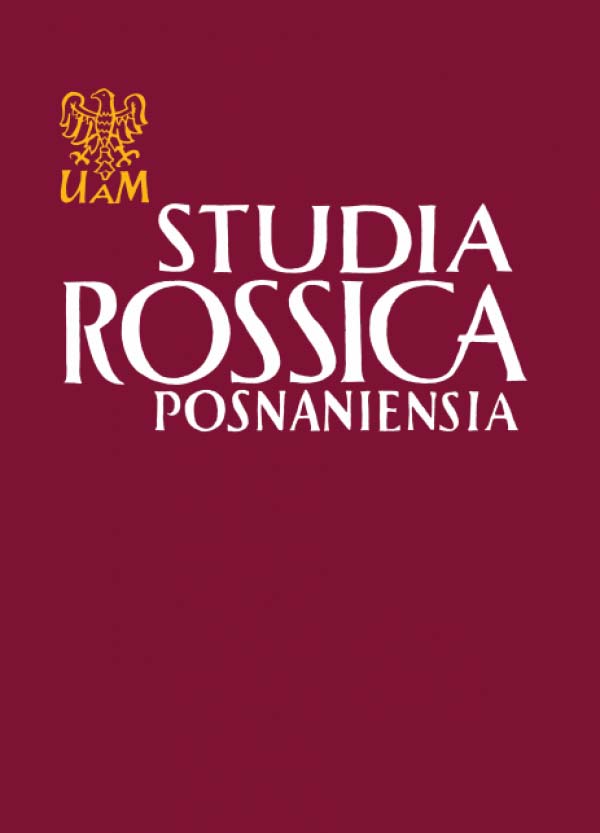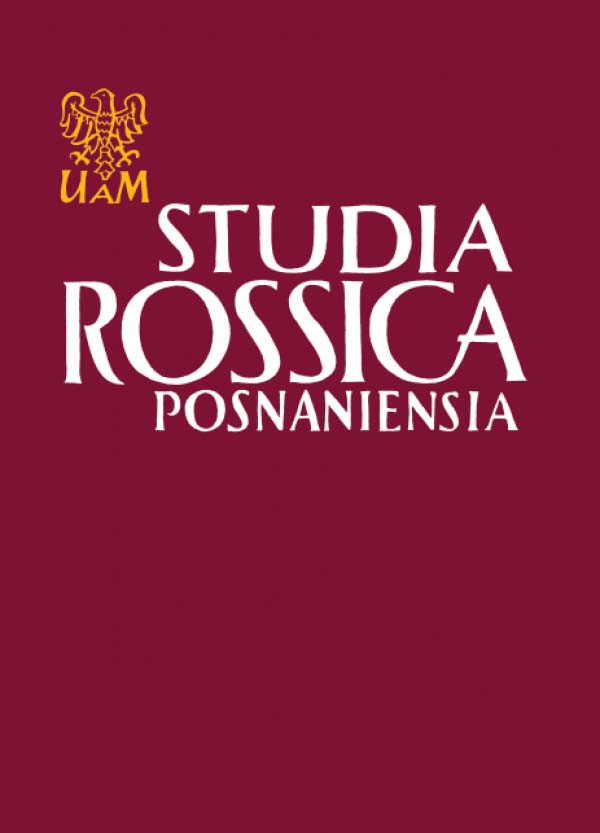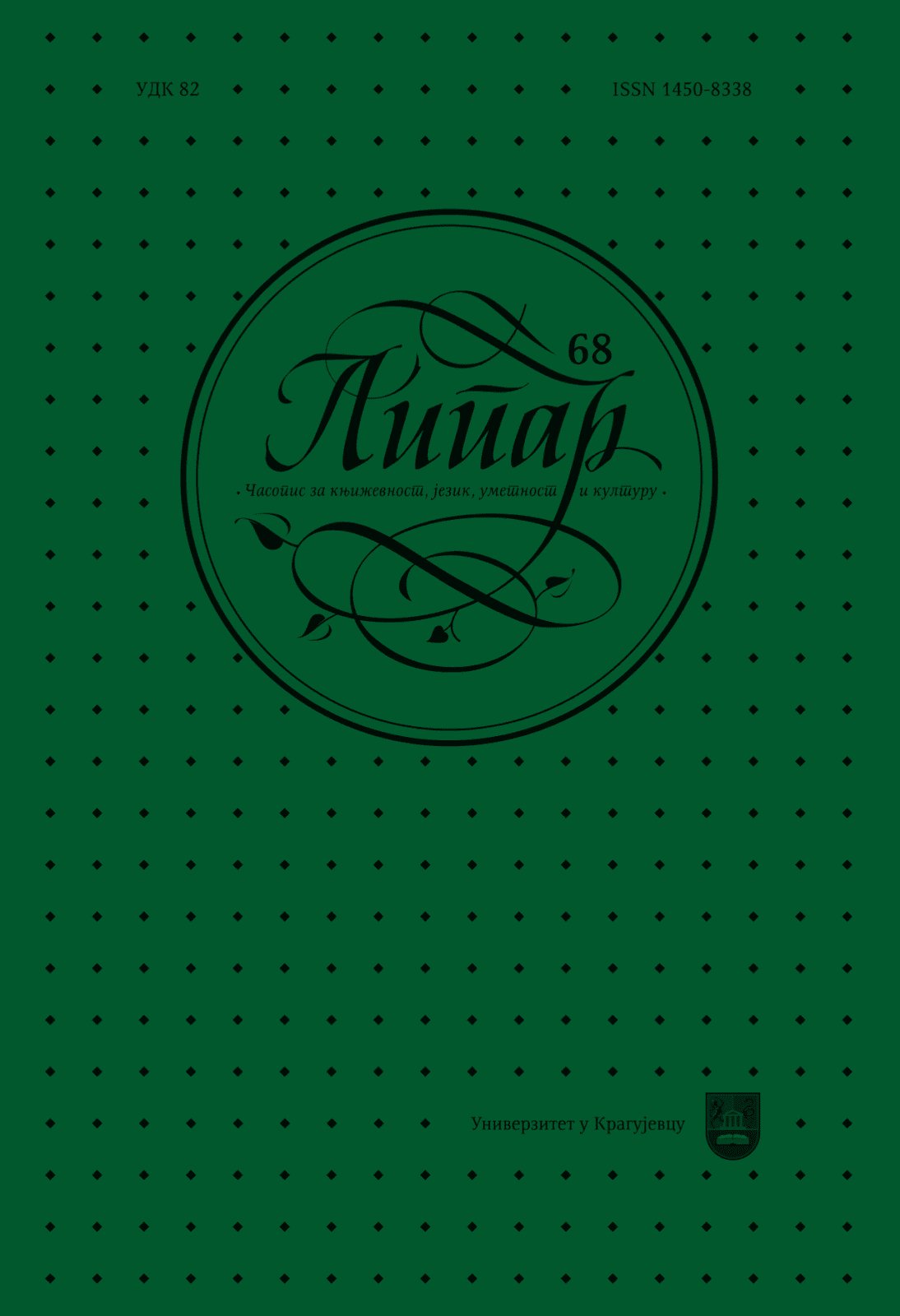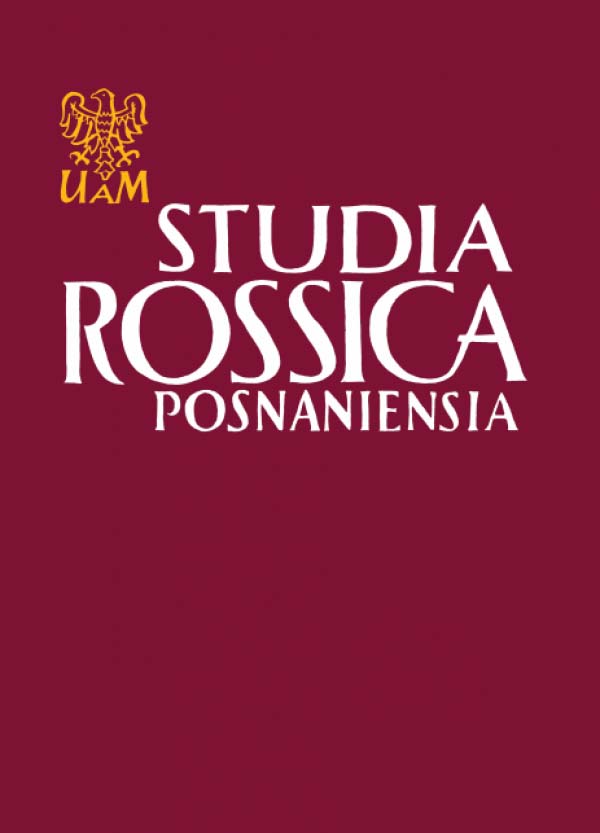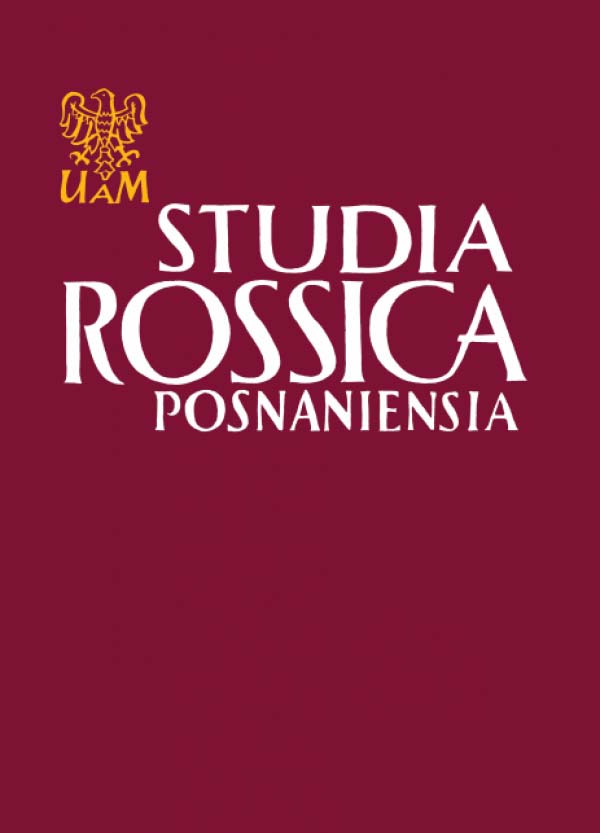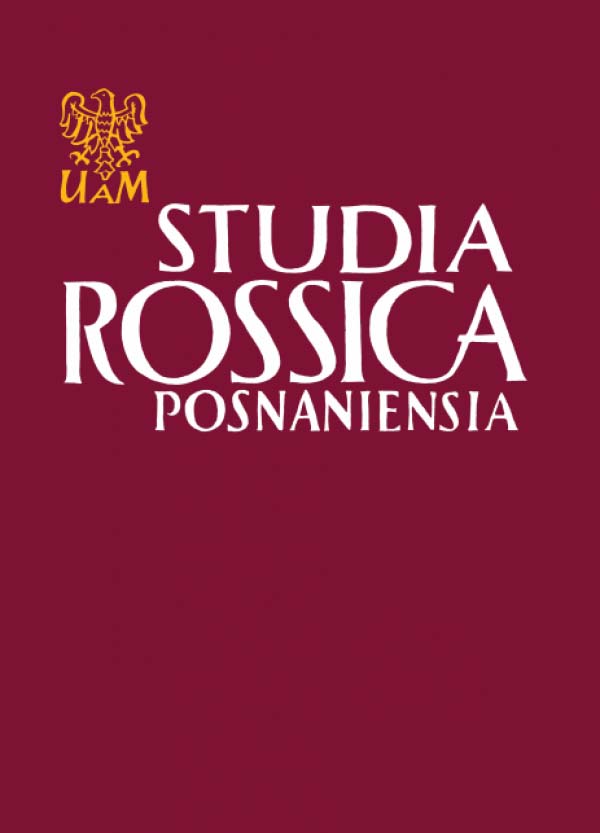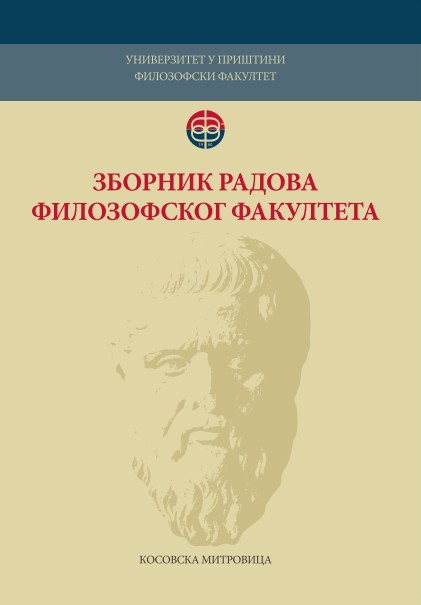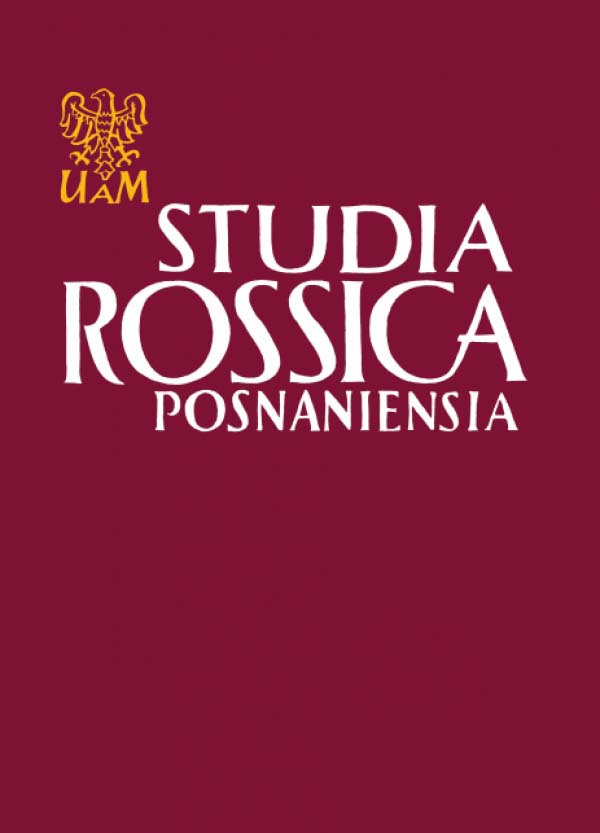
ОБ ОТНОСИТЕЛЬНОЙ ЦЕННОСТИ ЛИНГВОДИДАКТИЧЕСКИХ КОНЦЕПЦИЙ (ТЕОРИЙ) И МЕТОДОВ ОБУЧЕНИЯ
The author justifies a thesis that all the known conceptions (theories) of glottodidactics and the teaching methods which spring from them and teaching technologies are of a relative usefulness in practice. At the same time the analysis of statements and postulates of these theories makes it possible to speak of a cumulative character of development of glottodidactic knowledge.
More...
